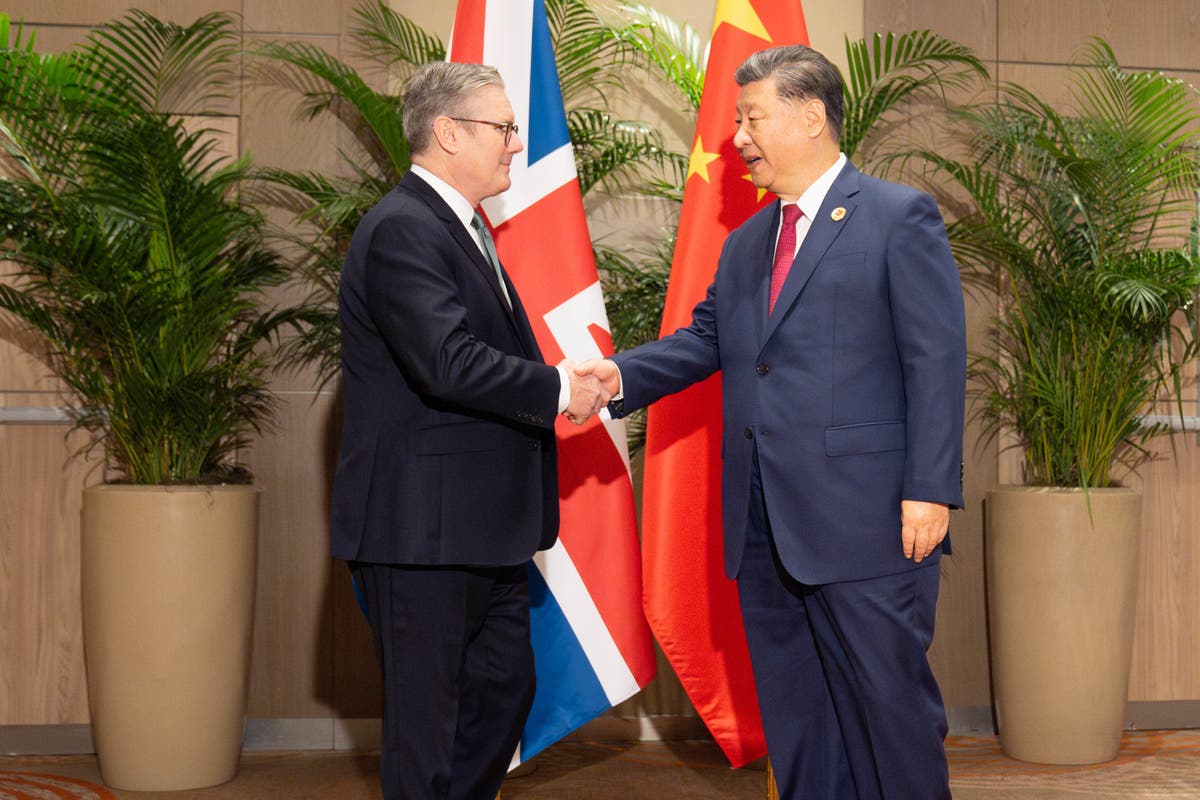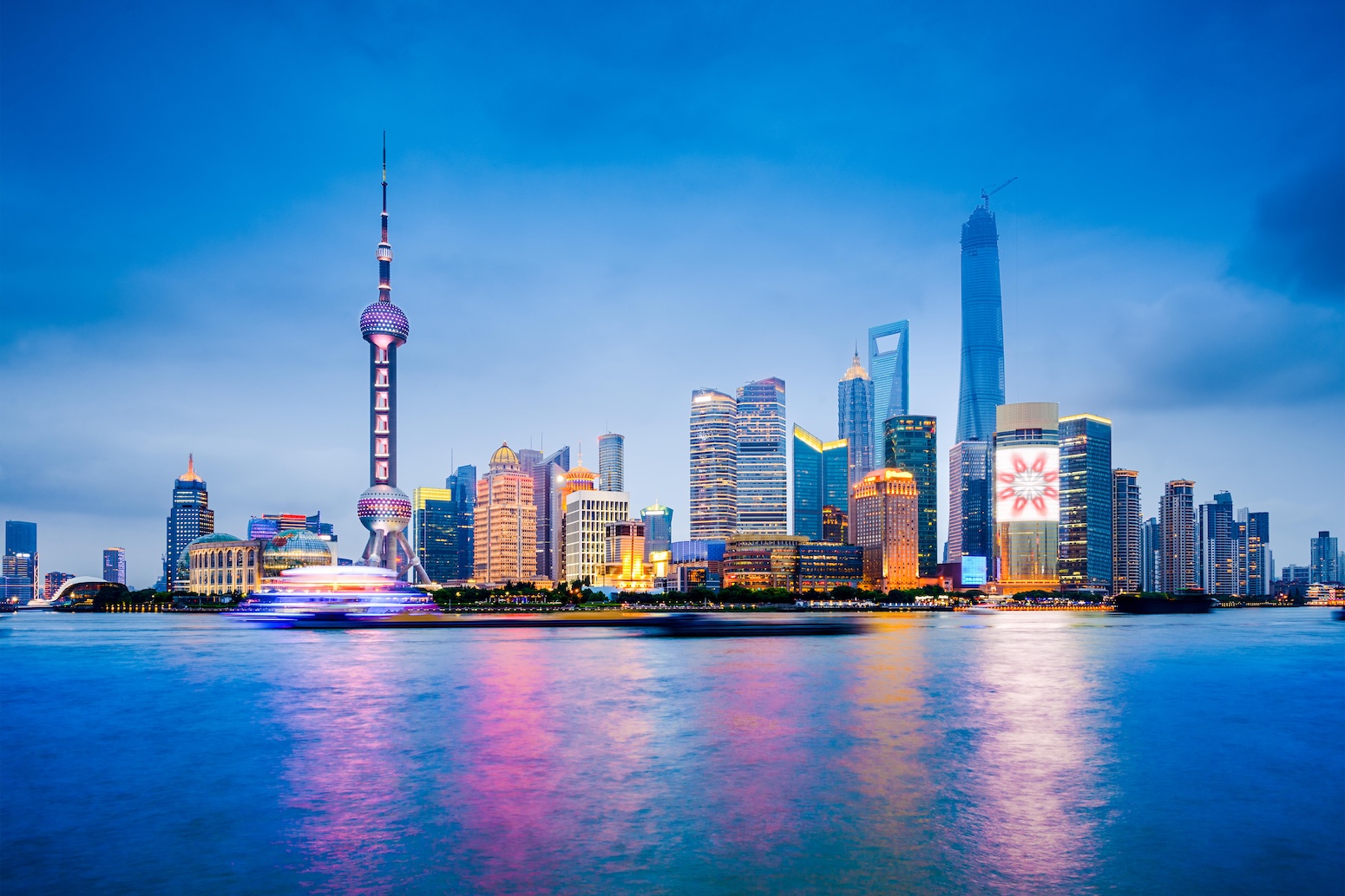

This is unfortunately not limited to Germany but a global disease.
According to a Unicef study published a few weeks ago, one in eight women or girls alive today around the globe experienced rape or sexual assault before the age of 18.
A newer UN Women study on femicide—the most extreme form of violence against women and girls— says that globally, 85,000 women and girls were killed intentionally in 2023. 60 per cent of these homicides –51,100- were committed by an intimate partner or a family member. The data shows that 140 women and girls die every day at the hands of their partner or a close relative, which means one woman or girl is killed every 10 minutes.
That a huge problem across all continents, countries, and cultures.














That is a trend clearly heading in the wrong direction.
There is a new analysis regarding on the top 10 countries with the most widespread and invasive use of facial recognition:.
The UK is gaining ground, but China is clearly leading before Russia and the UAE.
China = 5 out of 40: It’s little surprise that China tops the list with it being frequently quoted as the largest purveyor of facial recognition technology. Its government and police use the technology extensively and often with invasive surveillance tactics. For example, police in some parts of Liaoning Province are reportedly making North Korean defectors download a facial recognition app so they can send daily selfies every morning. This is being done in a bid to prevent them from traveling to South Korea. And children don’t escape the privacy-threatening technology, either, as schools frequently use the tech to see how attentive students are. If the children appear unfocused, this is then reflected in their grades.
Russia = 8 out of 40: Russia’s appearance toward the top of the list is perhaps no surprise, either. With facial recognition evident in all of the categories we covered, Russia is another country that’s turning toward facial recognition in many different areas. Mass surveillance in Russia has been expanding at an exponential rate since the Ukraine invasion. Over the last few years there have been numerous examples of protestors being arrested through the use of FRT. They include Andrey Chernyshov, who was arrested numerous times at the metro station in Moscow throughout 2023 after protesting against the Ukraine war. Last year, the European Court of Human Rights (ECHR) also ruled that Russia’s use of FRT to arrest a protester in 2019 (also traveling on the subway in Moscow) was unlawful.
The United Arab Emirates = 9 out of 40: As with many of our top 10 countries, the UAE is rolling out facial recognition across many areas to help “speed up processes” and “eliminate fraud.” From using the technology to gain access to government services and public transport to registering attendance at schools, its use across the UAE is widespread. The police in Abu Dhabi had their patrol cars upgraded to include FRT in a bid to help them identify “suspicious and wanted people.”
The United Kingdom= 11 out of 40: Rising from 11th to 4th place this year is the United Kingdom. The country has seen a rise in biometric surveillance across four categories. This includes the worrying growth of FRT in the government and by law enforcement, including the introduction of live facial recognition bodycams by a number of UK police forces. The technology is increasingly used schools and on trains. A recent report from Network Rail highlighted how travelers using a number of stations, including Manchester Piccadilly, London Waterloo, and London Euston, as well as smaller stations, had their faces scanned for the last two years with Amazon AI software.
Brazil, Chile, India, Japan, and the USA = 12 out of 40: All of these countries have some use of FRT (or FRT is in discussion) across all of the categories we studied […]
Australia and North Korea […]
Mexico […]
Argentina and South Korea […]
France, Hungary, Malaysia, and Canada […]
Philippines and Taiwan […]
[Edit typo.]